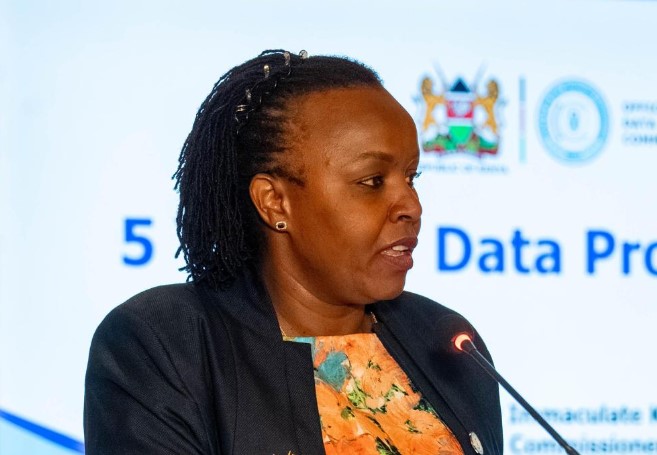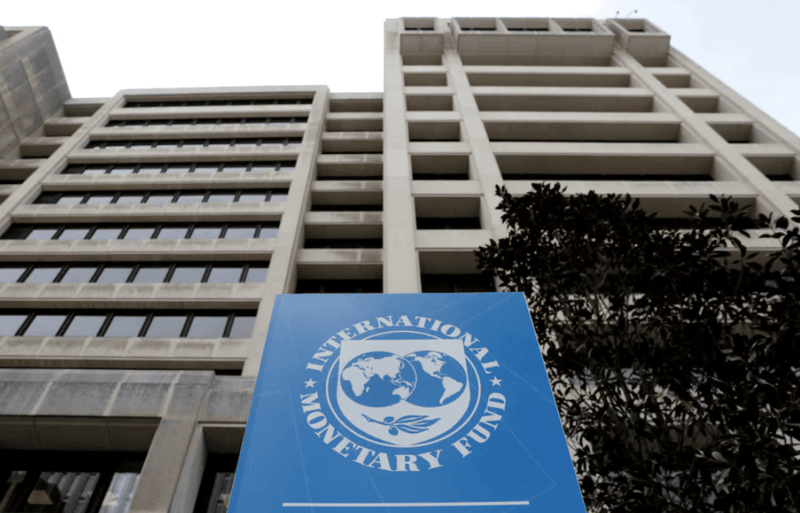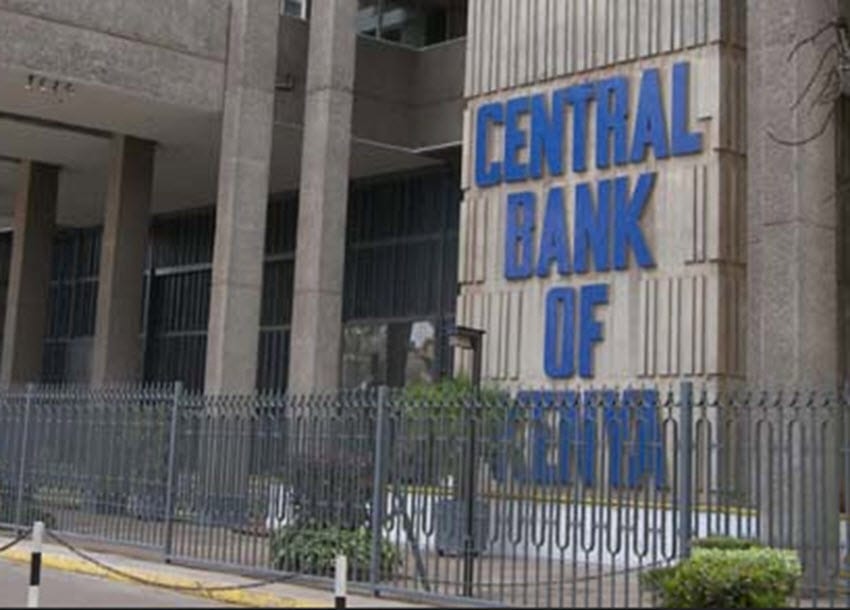Harassment cases of borrowers by digital lenders decline by 75% – Data Protection Office

By Barack Oduor |
The Data Protection Commissioner, Immaculate Kassait, noted a drastic decline in complaints against financial service providers since the introduction of a regulatory framework by CBK.
Cases of harassment and debt shaming by digital lenders have decreased, following joint initiatives by the Office of the Data Protection Commissioner and the Digital Financial Services Association of Kenya (DFSAK).
During a sensitisation session for lenders regarding the compliance guidance notes at the Serena Hotel in Nairobi, the Data Protection Commissioner, Immaculate Kassait, noted a drastic decline in complaints against financial service providers since the introduction of a regulatory framework by the Central Bank of Kenya two years ago.
Recently, the German International Cooperation (GIZ) and Financial Sector Deepening (FSD) co-sponsored the implementation of guidance notes to assist digital lenders in complying with regulations, particularly in the area of data protection.
Keep reading
"We have been working collaboratively with the ODPC to ensure customer protection. This has led to a significant decline in harassment by over 74 per cent. The practice of debt shaming is nearly eradicated, and those who continue to harass customers do so at their own peril," said Kevin Mutiso, Chairman of DFSAK.
"A collaborative approach between regulators and the industry is crucial to achieving mutually desired outcomes. The guidance from the ODPC is a true case study of how such collaboration is essential."
Kenya stands at the forefront of the digital lending revolution in Africa. Digital lending platforms have emerged as game-changers, providing financial inclusion and access to credit for millions of people as a result of high mobile phone penetration rates and a sizable unbanked population.
However, this dynamic landscape is continuously evolving, facing challenges and embracing new opportunities while navigating a recently introduced regulatory framework.
The law requires digital lenders to keep records of borrower consent, provide notices to customers, and maintain a data retention schedule for all personal data.
The statistics
Data from DFSAK shows that digital lenders in Kenya serve nearly 8 million customers and lend out between Sh10 billion and Sh15 billion per month.
According to statistics from the Central Bank of Kenya (CBK), 51 digital lenders have been licenced to operate in Kenya, while over 500 others have submitted their applications.
This comes after the Central Bank of Kenya (CBK) last month licensed 19 new digital credit providers (DCPs), bringing the total number to 51. This move is part of an ongoing process with other applicants at various stages of the licensing process.
However, this means most borrowers may still be exploited by the unregistered predatory digital lenders, despite the Central Bank of Kenya's push to regulate the sector now that more than 430 pending applications are unlicensed and still in business.
CBK introduced the Central Bank of Kenya (Amendment) Act, 2021, which came into effect on December 23, 2021.
The Act aims to regulate the digital sector, improve business models, protect consumers, foster economic growth, promote financial inclusion, and spur technology investment.
The decision to license and oversee DCPs was driven by public concerns about the predatory practices of unregulated DCPs, according to CBK. These concerns included high costs, unethical debt collection practices, and personal information abuse.
Since March 2022, the CBK has received 480 applications and has been actively working with applicants to review their applications.
CBK says the new applicants are "at different stages of the process, largely awaiting the submission of the requisite files." The review process involves engaging with other regulators and agencies, including the Office of the Data Protection Commissioner, to ensure adherence to relevant laws and safeguard customer interests.
Kenya's apex bank added that the focus of the engagements has been, inter alia on business models, consumer protection and fitness and propriety of proposed shareholders, directors, and management.
"This is to ensure adherence to the relevant laws and, most importantly, that the interests of customers are safeguarded. We acknowledge the efforts of the applicants and the support of other regulators and agencies in this process," the statement noted.
Before the Act, digital credit providers caused significant distress among Kenyans due to exorbitant interest rates and challenging loan repayment terms.
Reader comments
Follow Us and Stay Connected!
We'd love for you to join our community and stay updated with our latest stories and updates. Follow us on our social media channels and be part of the conversation!
Let's stay connected and keep the dialogue going!















